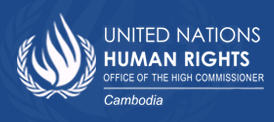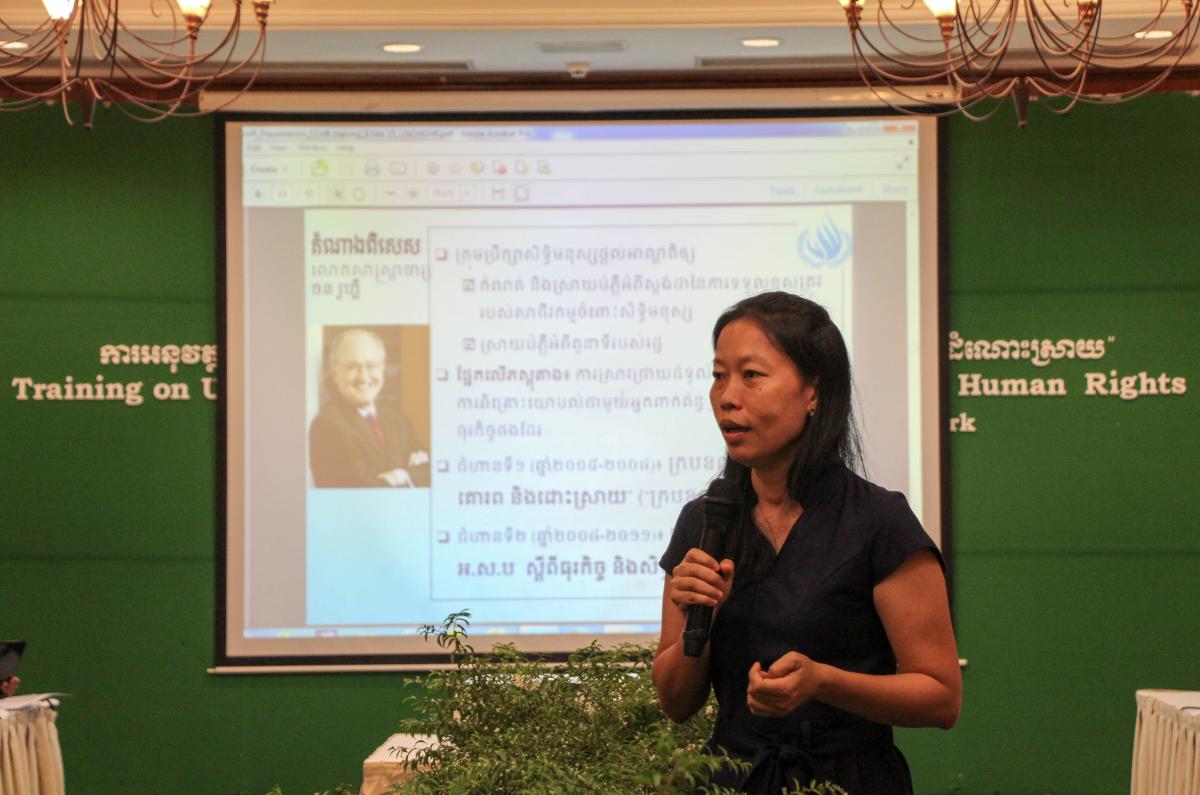
 Adverse impacts on the enjoyment of human rights resulting from activities of business enterprises, including business-related human rights abuses, continue to be a key challenge across the world. At the international level, new normative clarity on the roles and responsibilities of States and business enterprises has emerged with the endorsement by the United Nations Human Rights Council of a set of Guiding Principles on Business and Human Rights in June 2011 developed by the Special Representative of the Secretary--General on transnational corporations and other business enterprises, replaced by a Working Group.
Adverse impacts on the enjoyment of human rights resulting from activities of business enterprises, including business-related human rights abuses, continue to be a key challenge across the world. At the international level, new normative clarity on the roles and responsibilities of States and business enterprises has emerged with the endorsement by the United Nations Human Rights Council of a set of Guiding Principles on Business and Human Rights in June 2011 developed by the Special Representative of the Secretary--General on transnational corporations and other business enterprises, replaced by a Working Group.
In Cambodia, investment by national and international businesses is a key driver of the nation’s development, and the impacts on the population and society need not be adverse. The Guiding Principles on Business and Human Rights provide a roadmap for States and businesses, as well as civil society, donors and development partners, to better manage this new wave of development. The OHCHR Cambodia country office is committed to effectively engaging stakeholders using the basic principles of business and human rights, whether through monitoring, protection, technical cooperation, capacity building of relevant local actors, and strengthening the accountability of States and business enterprises.
The following publication, includes a background note on how business and human rights is different from corporate social responsibility; how the United Nations has addressed business and human rights; an introduction to the Guiding Principles on Business and Human Rights; applying the Principles in the Cambodian context; and an explanation of why the Principles are useful for Government, business, civil society, affected individuals/communities, and donors and development partners.
Guiding Principles on Business and Human Rights: Implementing the United Nations "Protect, Respect and Remedy" Framework (English /Khmer)
The following publications on business and human rights have been produced by the OHCHR global office and are only available here in English. General Comment No. 24 on State Obligations under the International Covenant on Economic, Social and Cultural Rights in the Context of Business Activities (2017) is a practical tool to help States ensure that legislation and policies are in place to protect people whose economic, social and cultural rights are negatively affected by business activities. Frequently Asked Questions on the Guiding Principles on Business and Human Rights (2014) aims to explain the background and the contents of the Guiding Principles on Business and Human Rights and how they relate to the broader human rights system and other frameworks. It aims to help both practitioners and newcomers to navigate the Guiding Principles and improve their understanding of the Guiding Principles by placing these in context. An Introduction to the Guiding Principles on Business and Human Rights by the UN Working Group on Business and Human Rights (2013) summarises the content of the UN Guiding Principles and describes the mandate of the UN Working Group on Business and Human Rights. Finally, The Corporate Responsibility to Respect Human Rights: An Interpretive Guide (2012) (Khmer) is designed to support the process of the effective implementation of the United Nations Guiding Principles on Business and Human Rights for implementing the “Protect, Respect and Remedy” framework. The guide focuses on the Guiding Principles that address the corporate responsibility to respect human rights. It was developed in full collaboration with the former Special Representative of the Secretary-General on the issue of human rights and transnational corporations and other business enterprises.